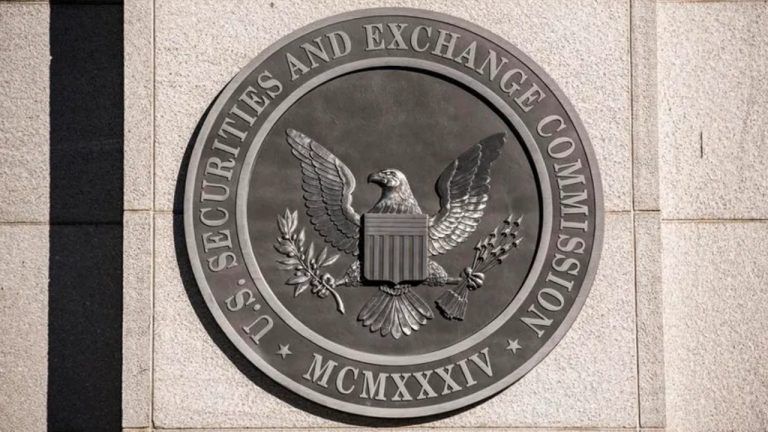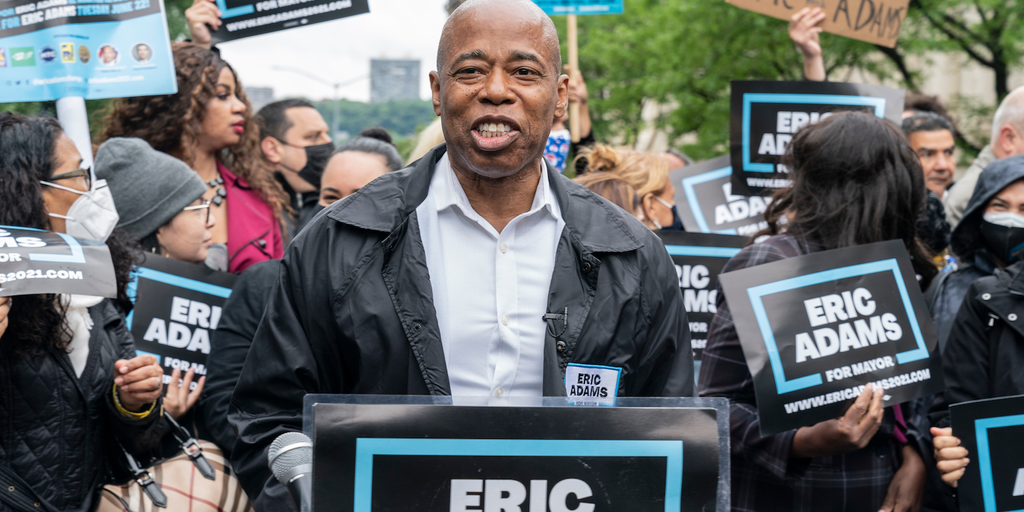The declaration, announced during a late-night televised address, effectively grants the military authority to maintain order, suspends parliamentary activities, and places media under martial law control. President Yoon justified the action as essential to protect the nation from internal threats, accusing the opposition-controlled parliament of paralyzing the government and endangering public safety.
The political upheaval had immediate repercussions on South Korea’s financial markets, particularly the cryptocurrency sector. Bitcoin (BTC) experienced a precipitous drop of over 30% on Upbit, the country’s largest crypto exchange, plummeting to $62,000 from its previous levels. This sharp decline created a significant arbitrage opportunity, as Bitcoin’s price on global exchanges remained around $93,600, resulting in a $4,000 gap.
Source: X
Other cryptocurrencies were not spared. XRP, for instance, saw its trading volume surpass that of Bitcoin on South Korean exchanges like Upbit and Bithumb, indicating a frenzied trading environment. However, this surge in activity did not shield XRP from the broader market downturn triggered by the political crisis. Hours later, however, prices began to rebound as traders bough the dip and the political situation stabilized.
The imposition of martial law has raised concerns about the stability of South Korea’s democracy and its economic implications. Opposition leaders have condemned the move as unconstitutional, with fears of potential arrests of parliamentary members. The international community is closely monitoring the situation, given South Korea’s significant role in the global economy and its status as a major player in the cryptocurrency market.
No Bitcoin Strategic Reserve for South KoreaFinancial Services Commission (FSC) Chairman Kim Byung-hwan said during a television interview that South Korea would take a wait-and-see approach to a Bitcoin Strategic Reserve, monitoring how other nations respond to U.S. President-elect Donald Trump’s cryptocurrency adoption plans.
“We aren’t anywhere near a move to [build a Bitcoin reserve] at the moment,” Kim said, emphasizing the need to prioritize investor protection over rapid adoption of digital assets.















